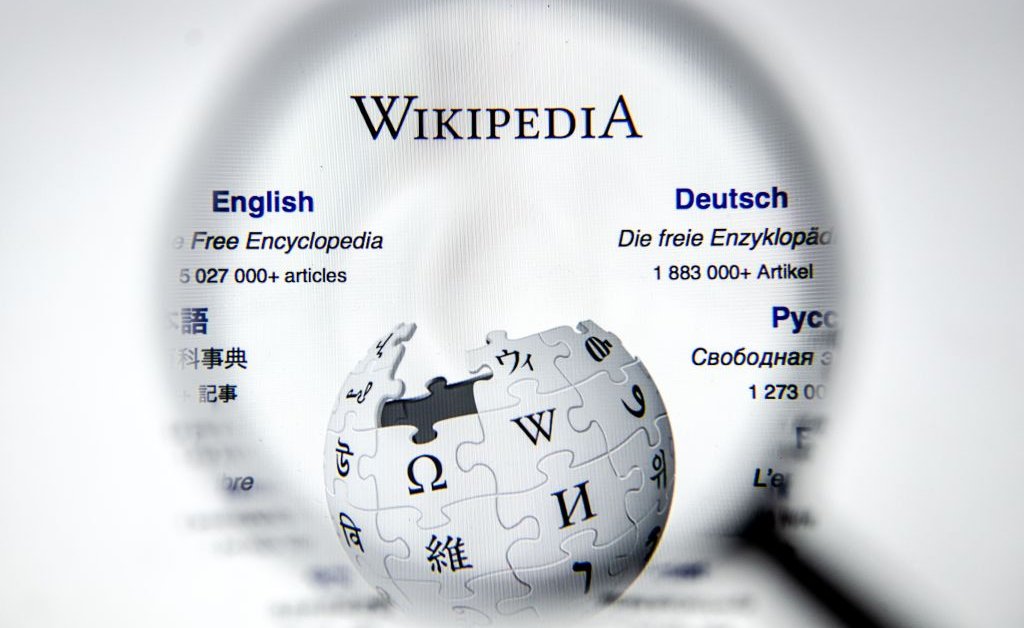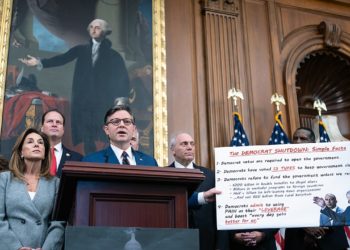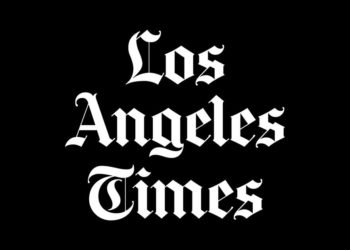Less than a month before the launch of Wikipedia, my daughter Kira was born. The two events are connected. Kira was born seriously ill, as she had breathed in contaminated amniotic fluid during birth. The traditional treatment for meconium aspiration syndrome was simply to give babies basic support and hope they would pull through. But in San Diego, where we lived, a doctor had invented a new treatment in which the baby’s breathing is stopped, her blood is routed through a machine for oxygenation, her lungs are filled four times with a novel protein-based fluid, then the blood is routed back into her tiny, fragile body. Kira’s mother and I were asked if we wanted it for our daughter. But we had to decide fast.
We knew nothing about any of this. What is meconium? What is meconium aspiration syndrome? How dangerous is it? The doctors did their best to explain, but I couldn’t make the most important decision of my life without more information. I ran to the Internet and searched, but found only scattered scraps of information. Some was from posts by random strangers. I had no way of judging whether that information was reliable. Other information was in scientific papers. That looked and felt a lot more reliable, but I wasn’t remotely competent enough to read and understand it quickly. There was nothing in between these two extremes. It was excruciating. The information I needed was probably out there, somewhere, but looking for it was like sifting through the debris of a bombed-out library. And we had to make a decision.
Despite feeling utterly in the dark, Kira’s mother and I gave the okay.
It worked. Kira survived and thrived. We were lucky. At the time, I was still struggling to get Wikipedia’s predecessor, Nupedia, rolling. Much like Wikipedia, Nupedia was an online encyclopedia, and it relied on volunteers, but that’s where the similarities ended. It required volunteers to submit a CV and to follow a seven-step submission process. Quickly, I sensed that it never would quite get off the ground. And the crucible of Kira’s birth inflamed me. This project wasn’t just a good idea in some abstract way. The Internet couldn’t just be written by random people whose reliability is unknowable, alongside scientific papers beyond the comprehension of laypeople. There had to be a reliable online encyclopedia that anyone could read and understand. After I drove home with Kira, I tore up Nupedia and launched Wikipedia.
And you know what? Worried parents will never go through a similar experience today because Wikipedia has excellent articles on meconium, meconium aspiration syndrome, amniotic fluid, prenatal development, and a vast array of other medical matters. Anyone in the world with a reliable connection can get all that information for free, instantly, anywhere.
Of course, Wikipedia is far from the final word on matters of health, or anything else. Like every human creation, Wikipedia has flaws and failings. Nobody knows that better than the nearly 260,000 monthly volunteers who edit Wikipedia, looking for those flaws and failings, working endlessly to make it better. And yet, for simple facts—“How old is Tom Cruise?”—Wikipedia is outstanding. And as a starting point on more difficult subjects, as a way to get your bearings, to find good sources and begin exploration, Wikipedia is wonderful on almost any subject under the sun, from the trivial to the profound.
In a little more than two decades, Wikipedia has grown from a ridiculous idea that could never work to a globally trusted source of information.
Long before Wikipedia became the biggest collection of knowledge in the history of the world, before Wikipedia became the largest encyclopedia ever, it had to overcome its greatest challenge: Wikipedia had to get strangers on the Internet to talk and cooperate with each other. To do that, those strangers had to trust each other. They had to trust that others would not be abusive or uncivil to them. They had to trust that others would not change or erase their contributions without consideration or explanation. They had to trust that others would sincerely listen to what they had to say and really think about it. They had to trust that even when others didn’t agree with them, and their views weren’t accepted, they would at least be treated fairly. Only if that trust between volunteers was established— only if there was internal trust— could Wikipedia even get off the ground.
The hallmark of an excellent utility—electricity, drinking water, plumbing, and sewage—is that people use it all the time but don’t think about it. Did you use electricity today? Of course you did. But if you live in a country where electricity can be taken for granted, you didn’t think “I hope the electricity is working.” You didn’t think about electricity at all. You thought about light, so you flipped a light switch. Only on those very rare occasions when you flip the light switch and nothing happens does electricity even cross your mind.
Not thinking about something you rely on is the ultimate expression of trust. Around the world, Wikipedia has achieved that level of trust with an immense number of people, receiving almost 10,000 page views every second. And that is, I must say, the fulfillment of my very personal dream.
This essay is adapted from The Seven Rules of Trust: A Blueprint for Building Things That Last, in agreement with Crown Currency, an imprint of The Crown Publishing Group, a division of Penguin Random House LLC.
The post Wikipedia’s Foundation Was Built on Trust appeared first on TIME.




